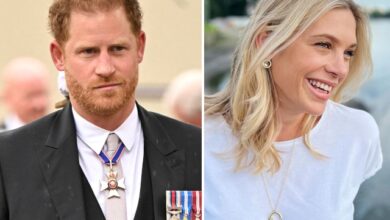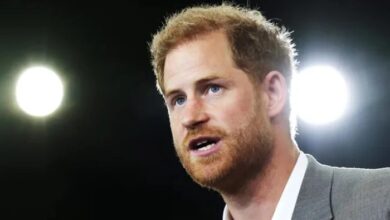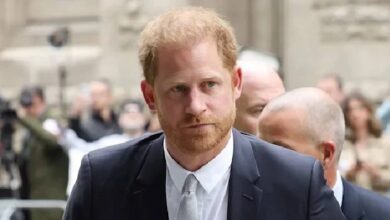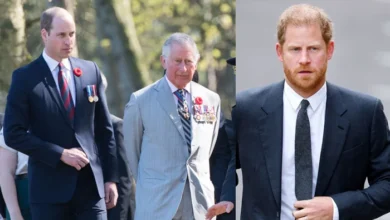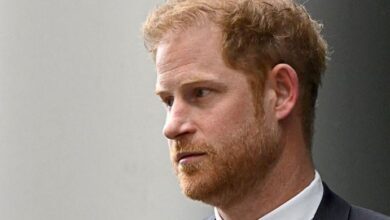BBC Under Fire for Letting Prince Harry’s Explosive Claims Go Unchallenged in Shocking Interview
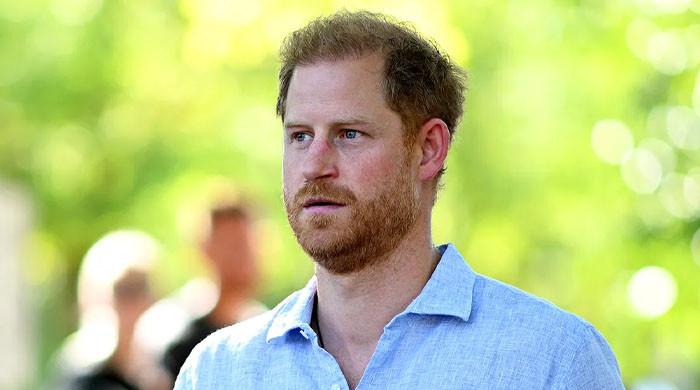
The BBC is scrambling to defend itself after admitting it failed to uphold its editorial standards during Prince Harry’s bombshell interview aired on Radio 4.
The Duke of Sussex made headline-grabbing claims regarding the downgrade of his UK security — labeling the decision “an establishment stitch-up” in front of millions of listeners.
The broadcaster has now acknowledged that their flagship Today program failed to properly challenge Harry’s accusations, which critics say painted the monarchy and the British government in a deeply negative light.
The interview aired shortly after Prince Harry lost a legal battle over his security arrangements, with the court siding with the Home Office against the Duke.
During the segment, Harry also suggested that King Charles could indirectly assist him by simply “getting out of the way” and allowing officials to make decisions without palace interference.
While these remarks were provocative, the BBC admitted it did not present the views of Buckingham Palace or the Home Office to balance the segment.
In a rare public statement, the BBC confessed: “Claims were repeated that the process had been ‘an establishment stitch-up,’ and we failed to properly challenge this and other allegations.”
They continued, “This was a lapse in our usual high editorial standards,” acknowledging the backlash they’ve received from royal experts and media watchdogs alike.
The fallout has intensified debate over how public broadcasters handle interviews with controversial royal figures — especially ones actively suing or criticizing UK institutions.
Read More: Disgraced Prince Andrew Spotted Alone at Windsor as Royals Unite for VE Day Celebrations
Buckingham Palace didn’t remain silent either. A spokesperson responded firmly, stating, “All of these issues have been examined repeatedly and meticulously by the courts, with the same conclusion reached on each occasion.”
This statement indirectly dismissed Harry’s ongoing narrative that the legal process was unfair and influenced by unnamed power players.
The BBC’s failure to offer a counterpoint has been interpreted by critics as a dangerous precedent — potentially allowing misinformation or bias to go unchecked on national airwaves.
Meanwhile, supporters of the monarchy argue that this kind of unchecked narrative damages public trust and fuels unnecessary drama surrounding a sensitive family rift.
Media analysts are now calling on the BBC to tighten editorial guidelines, especially when covering polarizing topics involving the Royal Family or court rulings.
Prince Harry’s ongoing legal battles and his campaign for taxpayer-funded security in the UK remain a deeply divisive issue — both inside and outside the Royal Family.
With this latest controversy, it’s clear that even respected institutions like the BBC are struggling to navigate the minefield of royal drama and public accountability.

